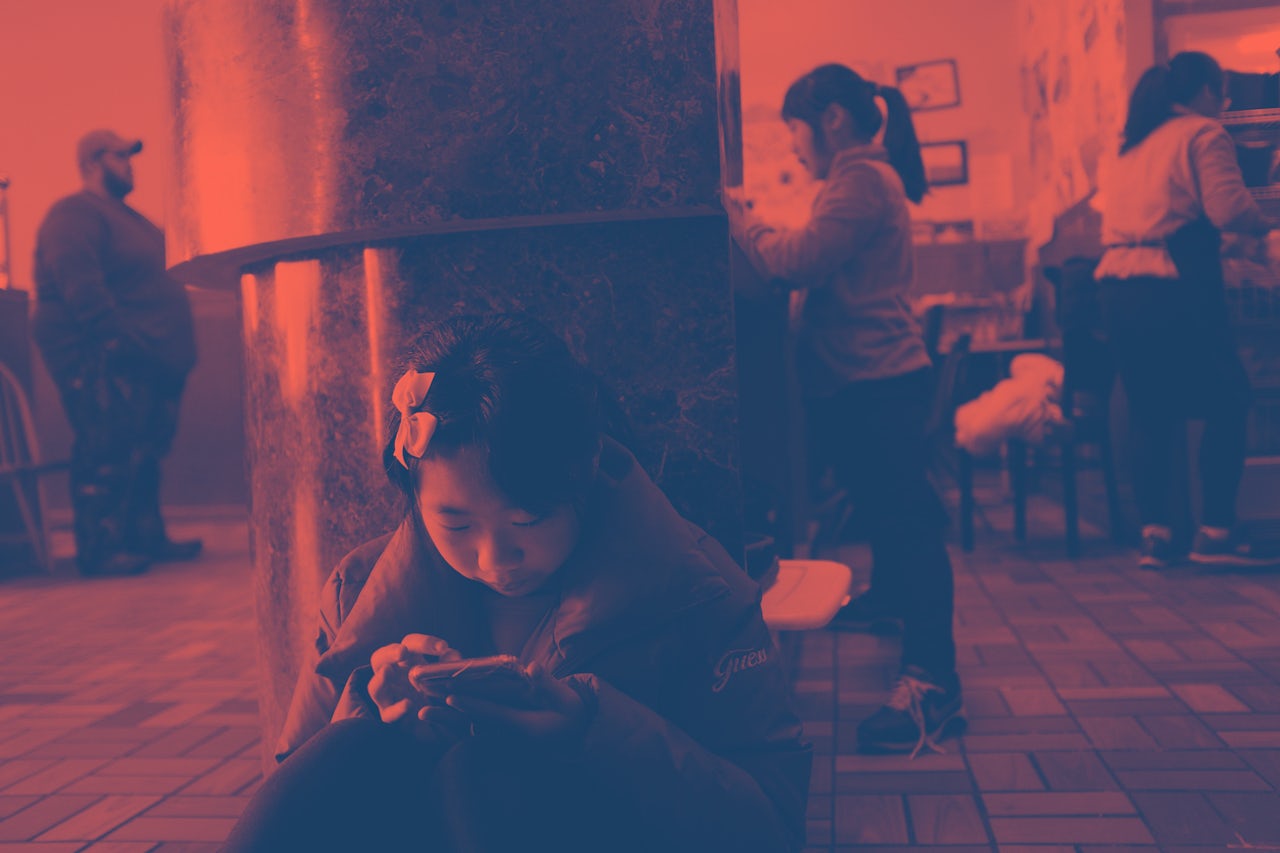As an Asian Canadian, I’ve always been interested in how racial minorities and immigrants understand their identities when they’re surrounded by an unfamiliar culture. I often think about this when I drive through rural New York and Pennsylvania to visit my husband, becoming more aware of my own racial difference whenever I get out of my car. I recognize that I am quickly passing through these communities and naturally wonder about racial minorities who live in them. Do they maintain their traditions? Do they feel welcomed by their neighbors? How do their identities evolve over time?
To explore these questions, I decided to locate people who looked like me but lived in these smaller towns. I noticed many work in the restaurant industry, so I reached out to Chinese restaurants in small-town Pennsylvania. I came across one located in central Pennsylvania, in a small, predominantly White town with no more than 2,500 people. Originally from China, the owners moved to Pennsylvania from Albany, New York, with the hope their four children would have better opportunities for their future. They purchased the business from another Chinese immigrant, a friend, who actually wanted to leave the restaurant industry.
The first time I stopped by the restaurant, I noticed that the dining room was splashed with quiet reminders of China — a framed image of the Great Wall, a Chinese fan hanging on the wall. The restaurant was usually empty in the afternoons, as customers seemed to prefer takeout to dining in. The kids were hard to miss. They sat at the counter with their homework and peppered me with questions about where I was from, if I was Chinese like them and what I was doing in Pennsylvania. The restaurant is a place of business just as it is a shrine to the kids who spend their time there. The walls were covered with awards the children got from school, colorful drawings of family members, and art decorations.
The children spent most of their days after school at the restaurant — at ages 11, 9 and 5 they’re too young to be at home alone. If they weren’t doing homework, they were watching YouTube videos of K-Pop stars and Asian dramas or running around the restaurant. For dinner, they would eat a simple steamed fish with a bowl of white rice or a fish cake soup. Often, the kids said they wanted to only eat “American” food — pizza or burgers — but their mother told them it wasn’t good for them.
The mother of the family said this isn’t her dream life, but something she has to do. “It’s for my kids,” she said, in between phone calls and cooking the next order. “Their education and their future. I don’t think about mine.”
The popularity of American Chinese food has created a set of shared experiences among Chinese American children growing up in local Chinese restaurants. According to the book The Fortune Cookie Chronicles by Jennifer 8. Lee, there are more Chinese restaurants in the United States than there are McDonalds, Burger Kings, Wendy’s, Domino’s, and Pizza Huts combined. Instead of lounging at home with TVs and toys, many children growing up in these restaurants spend a considerable portion of their childhood working alongside their parents.
What I found most remarkable about these children’s lives were the tensions created by overlapping spaces; the restaurant is both a place of connection and isolation, home and work, playground and business. At times, the children feel trapped and obligated to be at the restaurant, but also recognize the need to help their parents. The majority of their time is spent here, making it the cornerstone for their life now and for the future they dream of.














